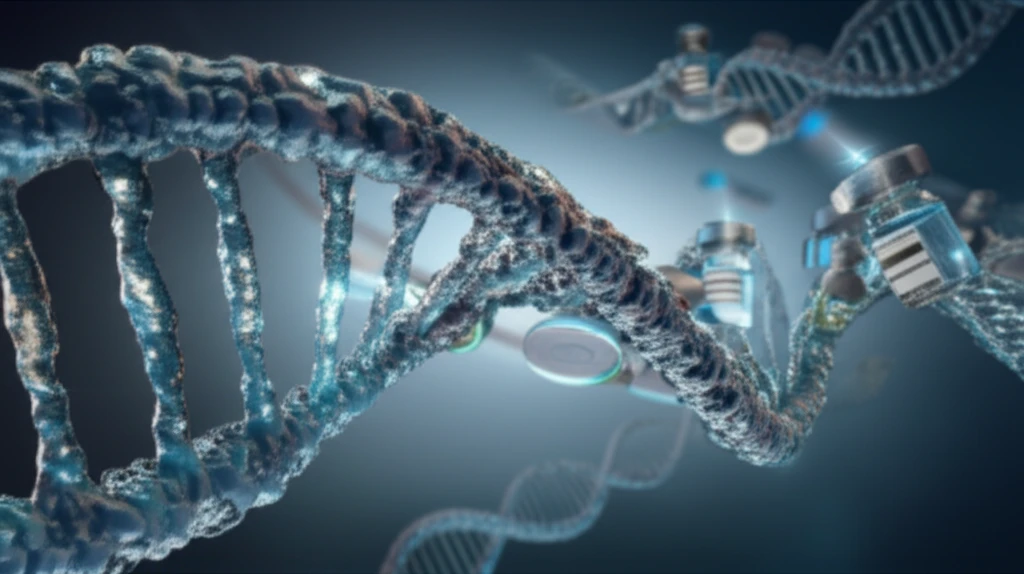
Decoding Your DNA: How Genetics and Vaccines Are Revolutionizing Personalized Medicine
"From Smallpox to the Future: Exploring the Intertwined Worlds of Genetics and Vaccines and the Promise of Tailored Healthcare"
The world of medicine is rapidly evolving, and at the forefront of this transformation is the synergistic relationship between genetics and vaccines. For centuries, vaccines have stood as a cornerstone of public health, effectively preventing and controlling infectious diseases. Now, as we unlock the secrets of the human genome, a new era of personalized medicine is emerging, promising treatments and preventative measures tailored to each individual's unique genetic makeup.
This isn't just about treating illnesses; it's about predicting and preventing them with unprecedented accuracy. By understanding how our genes influence our response to vaccines, scientists are paving the way for more effective, targeted treatments. This article will explore the historical context, the science, and the future implications of this fascinating field, offering insights into the profound impact of personalized medicine.
Join us as we delve into the science behind vaccine development, exploring the role of genetics in shaping immune responses. We'll also examine the promise of personalized vaccinology, where treatments are as unique as your DNA. The goal is to show you how healthcare is changing, one gene at a time, and what it means for your health and the health of future generations.
The Foundations: A Brief History of Vaccines and Genetics

The story of vaccines is a testament to human ingenuity and perseverance. It began centuries ago with rudimentary practices like variolation, and it evolved into the sophisticated science we know today. Pioneers like Edward Jenner and Louis Pasteur laid the groundwork for modern vaccinology, demonstrating the principles of immunity and attenuation. These early breakthroughs significantly reduced the impact of devastating diseases like smallpox and rabies.
- Early Vaccines: Included variolation and early inoculation methods.
- Germ Theory: Louis Pasteur's work with microbial attenuation and immunization.
- Modern Vaccines: Refers to vaccines developed with recombinant DNA and other advanced technologies.
The Future of Vaccines: Personalized and Predictive Medicine
As we look to the future, the convergence of genetics and vaccinology promises to reshape healthcare. Personalized and predictive medicine is not a distant dream but an emerging reality. By understanding how our genes influence our response to vaccines, we can develop treatments tailored to individual needs. This approach holds immense potential to enhance vaccine effectiveness, reduce side effects, and ultimately protect more people from infectious diseases. The journey ahead is filled with challenges, but the potential to revolutionize healthcare is well worth the effort.
